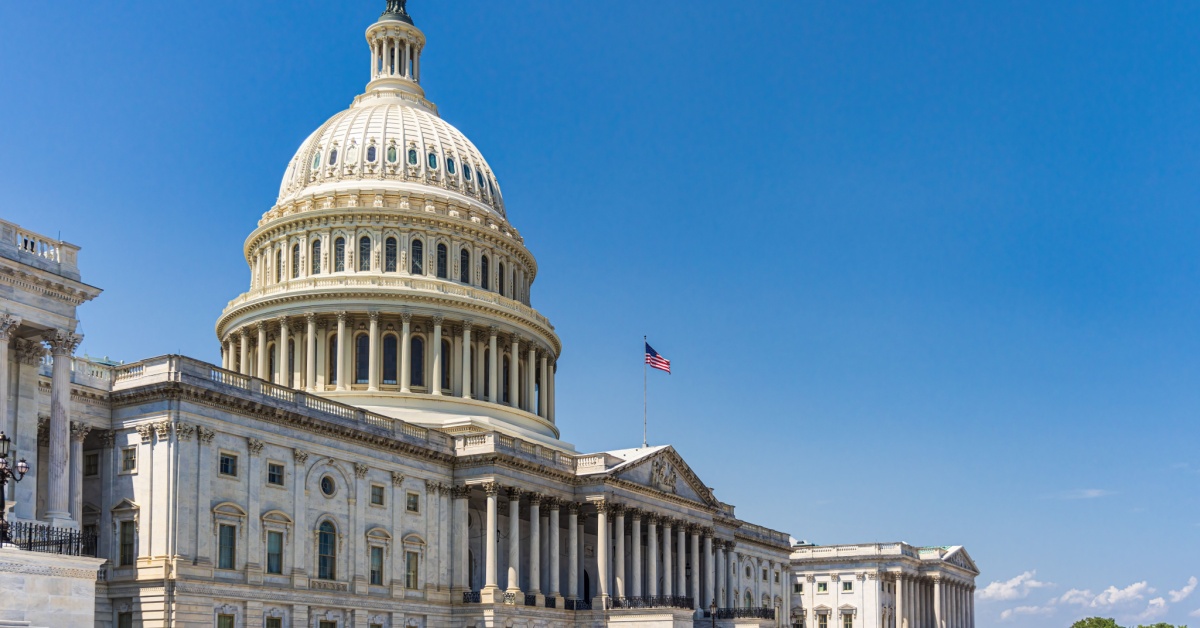Supreme Court to Tackle Federal Agency Overreach: Bureaucrats Brace for Impact

In a move that has left the bureaucratic elite clutching their clipboards, the Supreme Court has agreed to hear a case challenging the unchecked authority of federal agencies. Yes, you heard that right—the same agencies that brought you such hits as ‘Endless Paperwork’ and ‘Regulation Overload’ might finally face some much-needed scrutiny. It’s about time.
The case in question, Garland v. Texas Top Cop Shop, centers on the Department of Justice’s appeal to limit the power of lower court judges to issue nationwide injunctions that block federal laws and policies. Solicitor General Elizabeth Prelogar, in one of her final acts, urged the Supreme Court to rein in these judicial overreaches, which have been the bane of any administration trying to implement its agenda. Imagine that—holding judges accountable for overstepping their bounds. What a novel concept.
At the heart of this legal showdown is the Corporate Transparency Act (CTA), a law that mandates businesses to disclose their true ownership. The Financial Crimes Enforcement Network (FinCEN) is pushing for the Supreme Court to reinstate this law after an injunction paused its implementation. The CTA aims to combat the use of anonymous shell companies—a noble goal, no doubt—but its execution has left small businesses drowning in confusion and red tape. Because nothing says ‘transparency’ like a tidal wave of bureaucratic mandates.
This isn’t the first time the Supreme Court has stepped in to check the power of federal agencies. Remember the Chevron deference? That 40-year-old precedent allowed agencies to interpret ambiguous laws as they saw fit, effectively giving them carte blanche to expand their reach. Well, in June 2024, the Supreme Court struck down Chevron, signaling a shift towards holding agencies accountable. It’s almost as if the Court believes in the radical idea that laws should be interpreted by, you know, the judiciary.
Critics of these developments argue that limiting agency power could lead to regulatory chaos. They warn of a dystopian future where industries run amok without the guiding hand of federal oversight. But let’s be honest—has the ever-growing labyrinth of regulations really made things better? Or has it simply created a bloated bureaucracy more interested in self-preservation than serving the public?
The upcoming Supreme Court decision could have far-reaching implications. A ruling that curtails the authority of federal agencies would be a win for those advocating for a leaner, more accountable government. It would send a clear message to the unelected bureaucrats: your power is not absolute, and your actions are subject to scrutiny. It’s almost as if the Founding Fathers had a point about checks and balances.
Of course, the bureaucratic class is not taking this lying down. Expect a barrage of op-eds decrying the impending doom of civilization should their power be curtailed. They’ll paint a picture of a world without their benevolent oversight—a world where businesses operate without fear of arbitrary mandates, and citizens are free from the shackles of overregulation. Terrifying, isn’t it?
In the end, this Supreme Court case is about more than just the CTA or nationwide injunctions. It’s about reaffirming the principle that in a constitutional republic, no one is above the law—not even the faceless bureaucrats who have long operated in the shadows. It’s a reminder that power, once granted, must be checked, lest it become a tyranny of its own.
So, as the Supreme Court prepares to hear this case, one can’t help but feel a glimmer of hope. Perhaps, just perhaps, we’re on the verge of reining in the administrative state and restoring a semblance of accountability to our government. And wouldn’t that be something?

